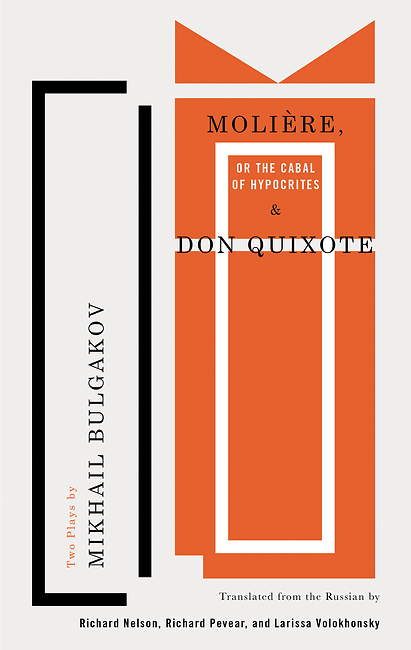What do you think?
Rate this book


240 pages, Paperback
Published August 8, 2017
Molière: "All my life I've been licking his spurs and thinking just one thing: don't crush me. And all the same—he crushed me! Tyrant!
What for? You see, this morning I ask him, What for? I don't understand… I say to him: Your Majesty, I really hate such acts, I protest, I am insulted, Your Majesty, please explain… Please… Maybe I didn't flatter you enough? Maybe I didn't grovel enough? …Your Majesty, where will you find another kiss-ass like Molière? But what for, Bouton? For Tartuffe. For that I humiliated myself. I thought I'd find an ally." (84-85)